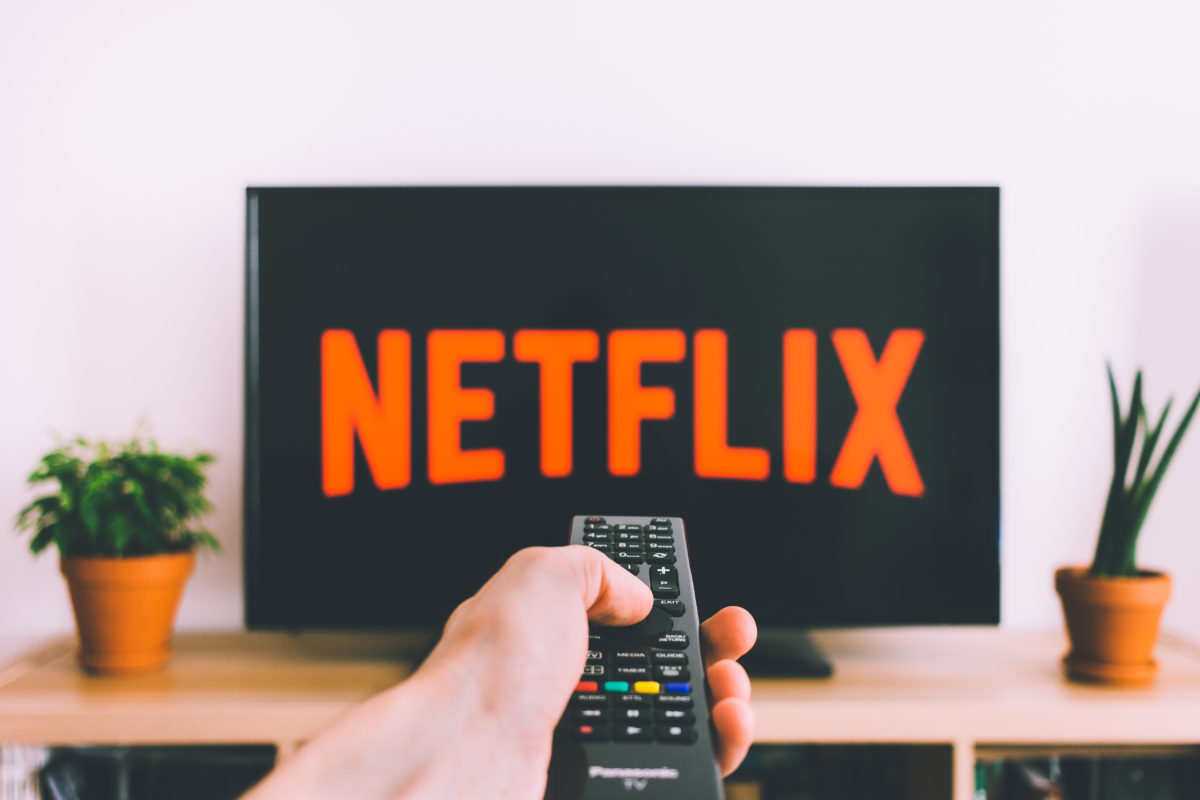Blog

Netflix Must Decide: Are They Activists or Entertainers?
American companies, especially those that operate internationally, risk experiencing an identity crisis about whether they’re woke activists or simply businesses with the unbiased goal of making money (see our campaign about the NBA’s duplicity in China). Netflix is on the verge of having such an experience now, and it isn’t sure how to handle it.
The video streaming service recently removed an episode of Hasan Minhaj’s show Patriot Act in Saudi Arabia at the Saudi government’s request. The episode was unflattering to Muhammad Bin Salman, the crown prince of Saudi Arabia where freedom of speech isn’t the right that it is in the United States.
When asked about the decision to remove the content, CEO Reed Hastings had this to say:
Well, we’re not in the news business. We’re not trying to do truth-to-power. We’re trying to entertain. And we can pick fights with governments about newsy topics or we can say—cause the Saudi government allows us to have shows like Sex Education that show a very liberal lifestyle and very provocative and important topics. And so, we can accomplish a lot more by being entertainment and influencing a global conversation about how people live than trying to be another news channel.
That’s a completely valid position for a private, international company. But is Netflix the principled business that Hastings claim it is?
In May of this year, Netflix publicly threatened to discontinue its production work in the state of Georgia (including filming Stranger Things and Ozark) over the state’s highly-restrictive and controversial abortion bill.
When pressed about how the Georgia situation squares with his declaration about not being a truth-to-power organization, Hastings replied, “No one likes foreign interference. In the US, we are a US company so we can be a participant in that. That’s a lot different than us being a participant in say the French election or the British election.”
What? Elections have nothing to do with Saudi Arabia (where elections rarely happen and women were only this decade allowed to participate). It’s actually much simpler: if your concern about the rights of people matters in your business, then it matters every time. If you’re selective, then you have other motivations and to deny that is misleading and wrong. Sounds like Hastings and the Netflix team have a few things to figure out.
The Saudi decision, however, is consistent with previous decisions to acquiesce to foreign government censorship. Netflix has done this both in Turkey and India. So far, then, Netflix hasn’t actually acted in a contradictory way: it has consistently put its business interests over the freedoms, or lack thereof, of citizens of foreign nations. The abortion bill has not gone into effect, and it still has a serious legal battle ahead, so Netflix has time to decide if it will actually follow through on its threat – and then only if the bill actually survives the legal gantlet.
However, the potential hypocrisy is concerning. We encourage Netflix to provide a crystal clear explanation of how bowing to foreign government censorship for the business’ sake is consistent with taking a stand in Georgia. Our suspicion, and we would love to be proven wrong, is that the cost of standing up to foreign government censors is much higher than moving production of a few shows out of Georgia. Netflix, we’d like to know, what’s the formula you have for making these decisions?
If they want to be a business that doesn’t take positions on issues, that’s fine. If they want to be an activist company, that’s fine too. But wishy-washy, seemingly arbitrary enforcement of tolerance is only going to contribute to our already frustrated and polarized society.
New Tolerance will keep on eye how this situation develops and what course Netflix chooses.
